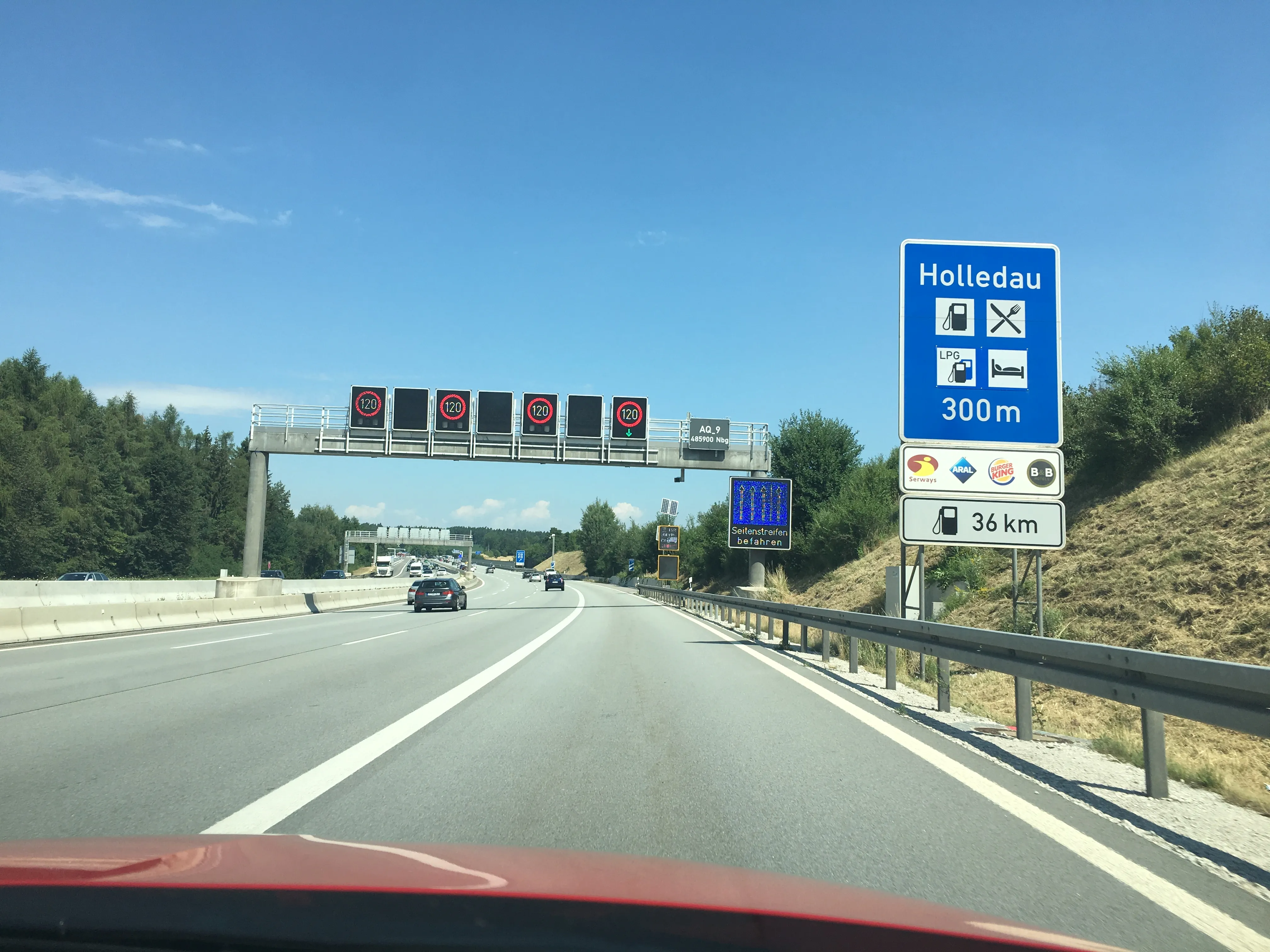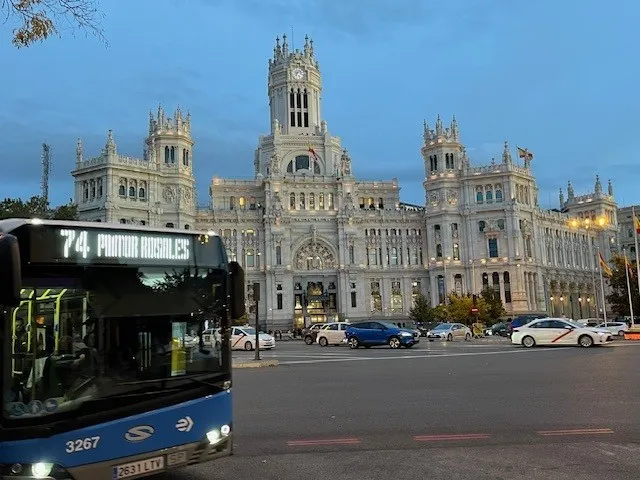
Spanish global IT business
Harmony aims to develop technologies for integrating real-time data from different transport users and operators to improve multimodal information services.
Indra will be focussed on a pilot project in Madrid, developed with the Polytechnic University of Madrid. Indra is working with research groups G@TV and TranSYT from the Polytechnic University of Madrid along with support from Grupo Interbús and Spain's Traffic Department.
The collaboration with Grupo Interbús and Spain's Traffic Department in the pilot in Madrid will involve testing information exchanges on public transportation and moving traffic to improve management and mobility and to offer transport users improved services.
According to Indra, the three-year project “will contribute toward improving multimodal information services on mobility in a city and intermodality, the combined use of mixed modes of transport”.
Harmony is part of Connecting Europe Facility (CEF), the European Commission's largest investment plan – a budget of around €1.3 million - for developing transport infrastructure. Indra is one of the few companies that, although neither a transportation operator nor manager, has obtained financing from the program for its proposal to test its developments in Madrid, as one of the nodes, the Atlantic Corridor, belongs to the mentioned network.
Data standards will be decided to exchange information more efficiently between highway control centres and emergency organisations, especially in the event of an incident.
The initial phase has Grupo Interbús, which manages a major part of Madrid's metropolitan transportation network, allowing access to its statistical data in real time, such as incidences in its bus network. Information is available in standard formats like SIRI - protocol for real-time information exchange on vehicles and public transportation services - and DATEX - the model for information exchange between traffic management centres.
Indra said that by integrating information from Interbús into Indra's traffic management solution, buses may be located graphically on a map of Madrid's different roads.







